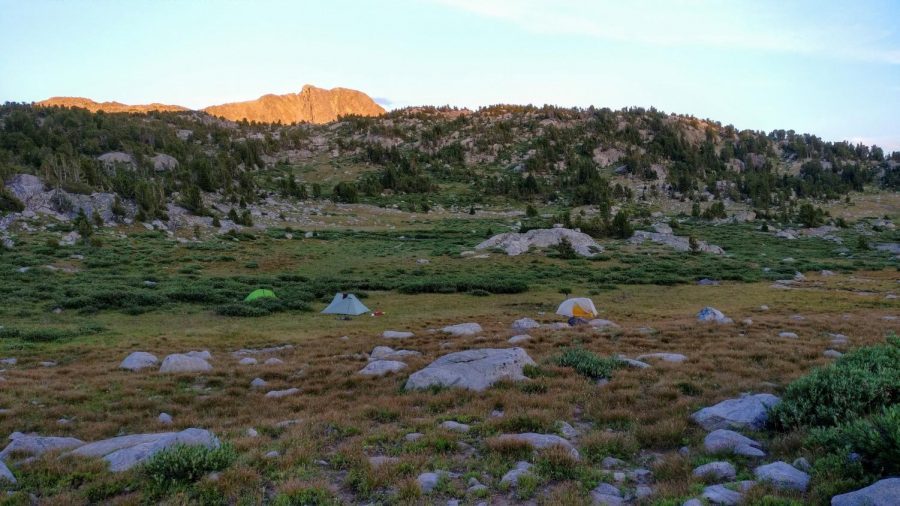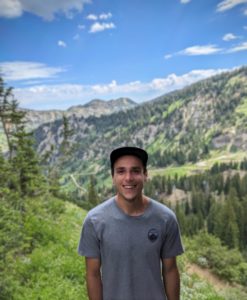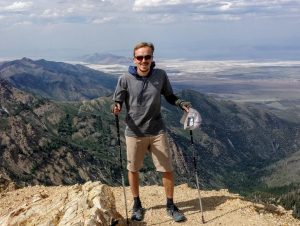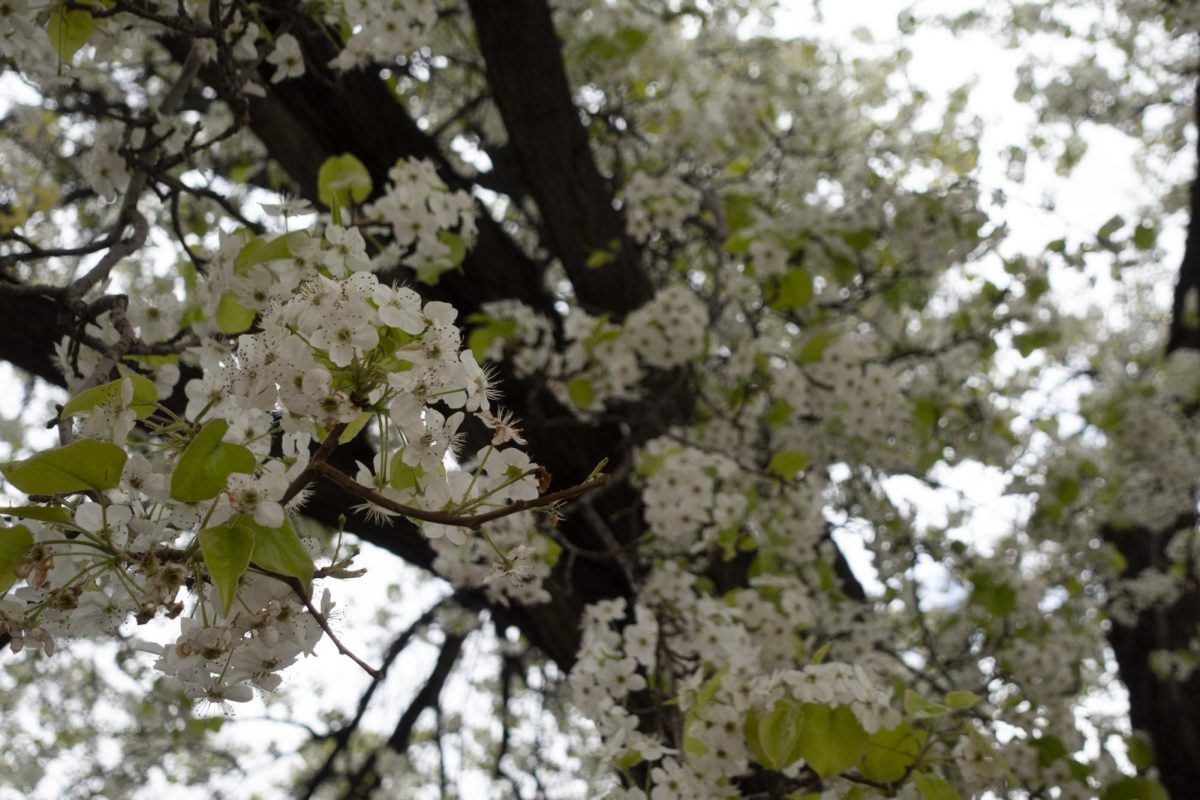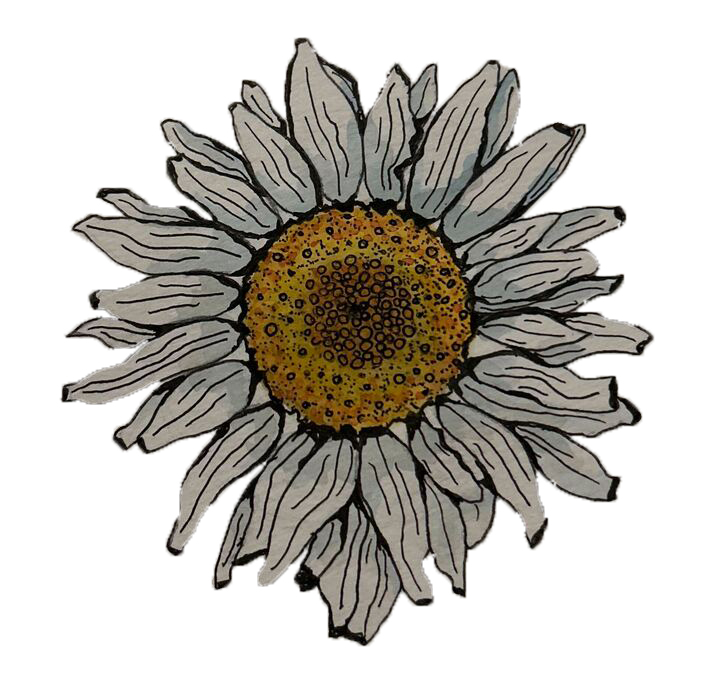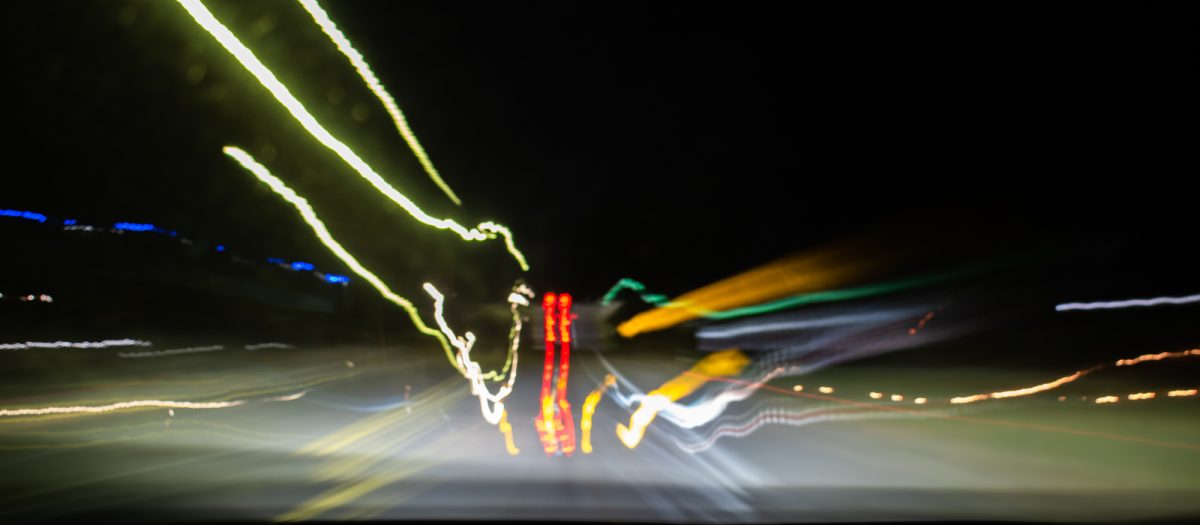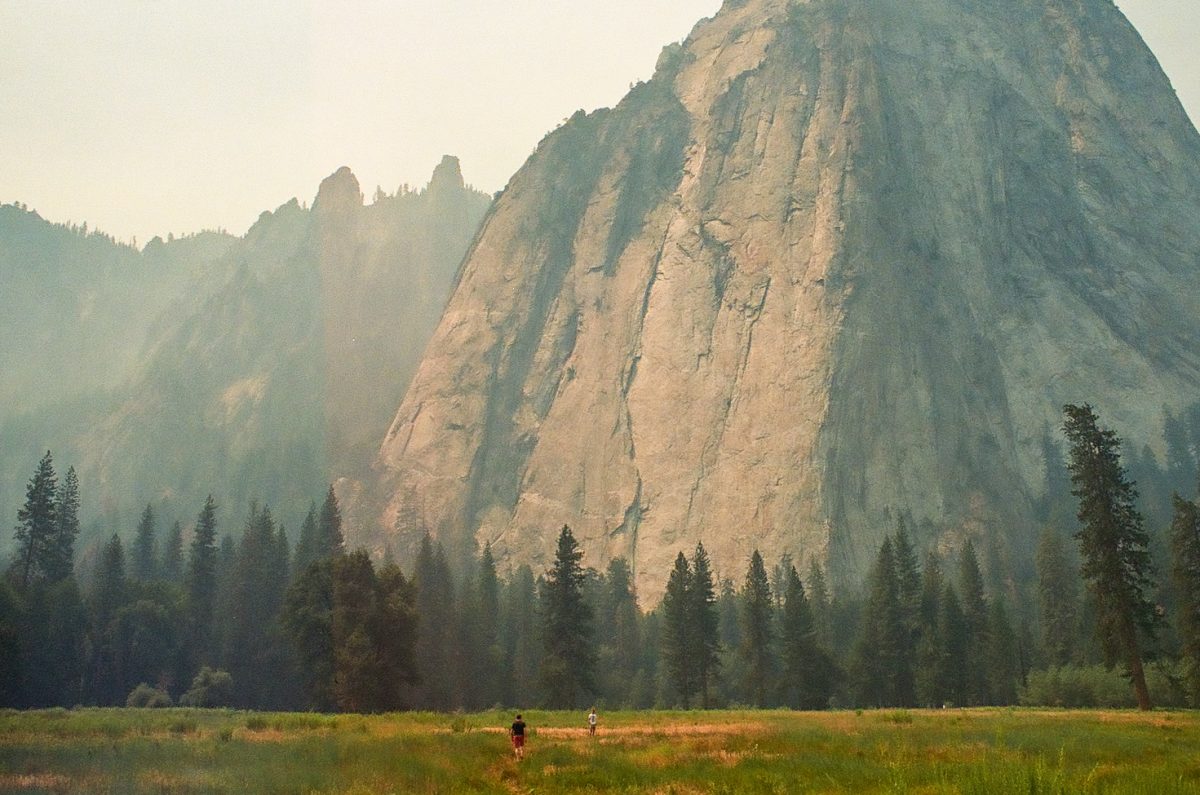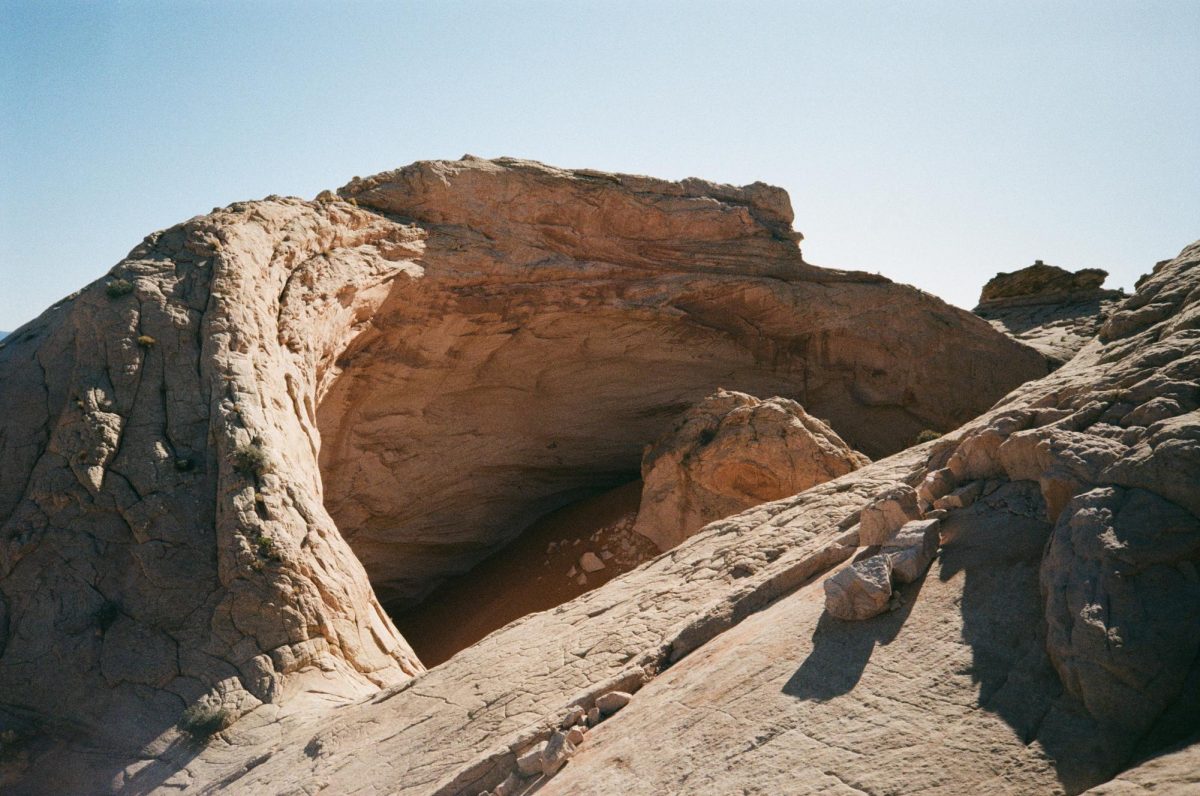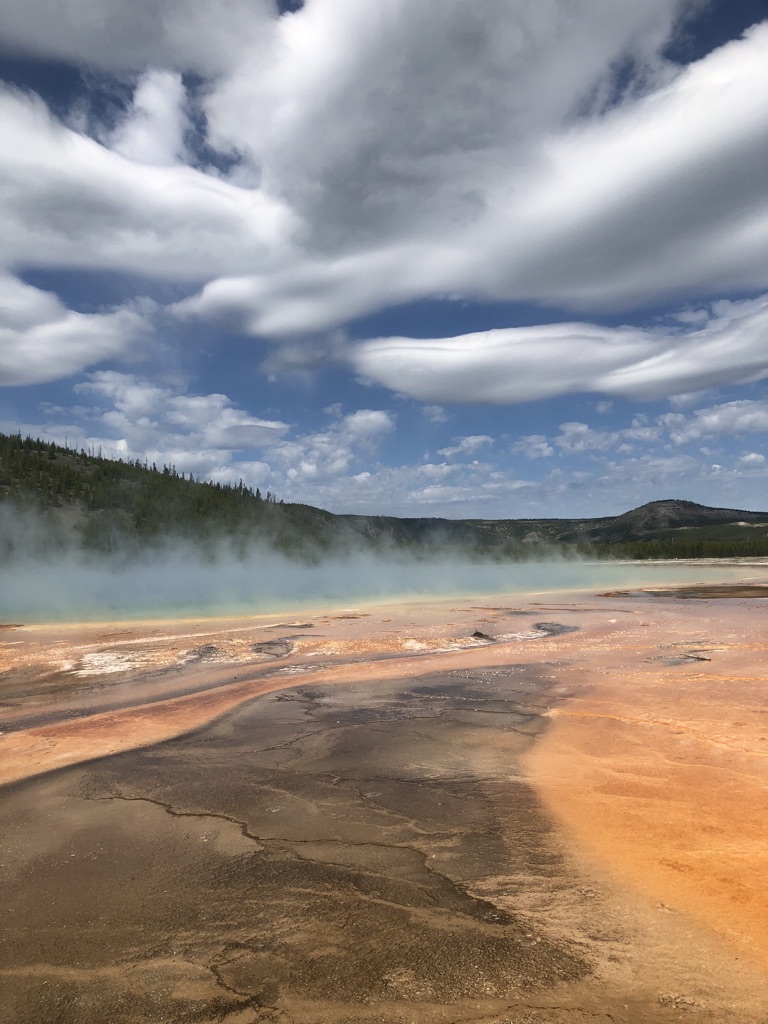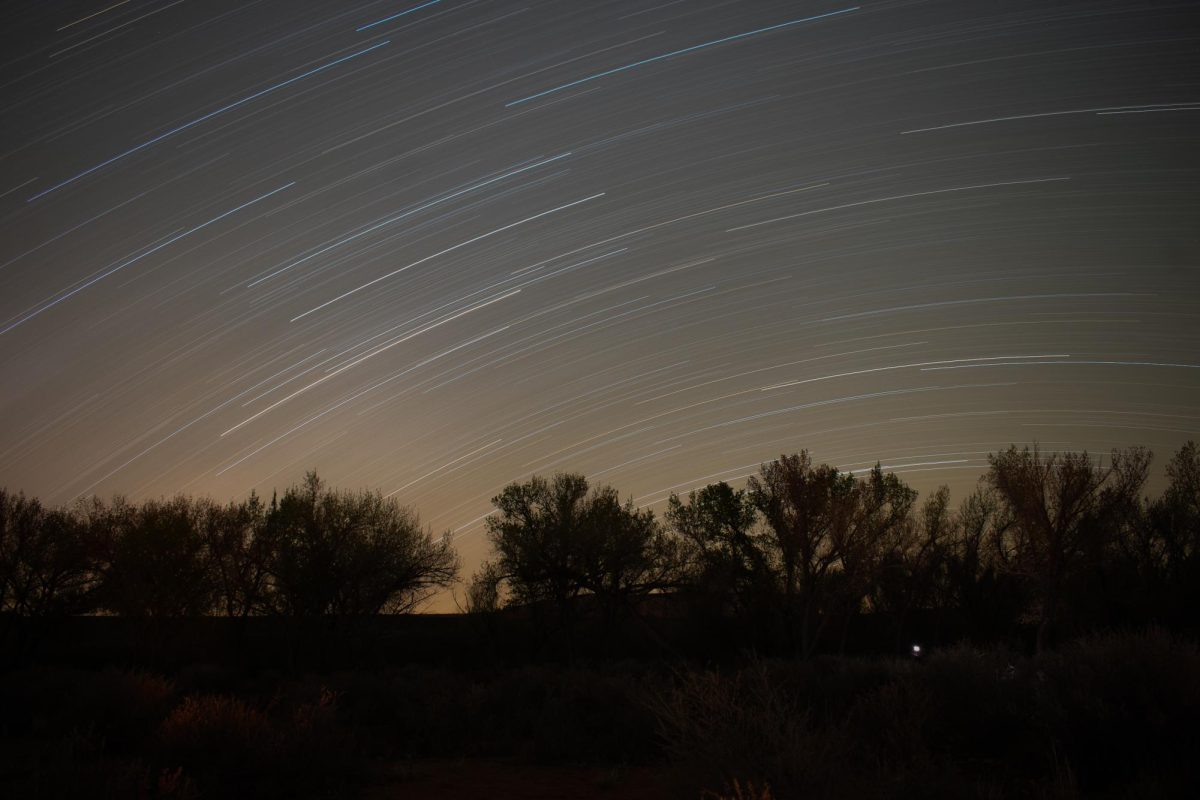Pandemic Mental Health-A Long and Convoluted Realization of the Power of the Outdoors
February 23, 2021
I want to preface this with the fact that I am not an expert, but I feel it is important to share my experiences and findings. As an outdoor adventure magazine, and I promise the outdoors will make their presence known here shortly, just bear with me for now. I begin with only one thing in mind:
This pandemic has been hard. Really, really hard. Even for someone like me, who’s biggest sacrifice was being forced back into the bedroom I grew up in for a while, a bedroom I had been without for all of six months. Online education for me has been fairly painless; I didn’t lose my job; I didn’t need to worry about where my next rent payment was coming from. I was still able to safely maintain a decent social circle, still even made some new friends; and yet, I was depressed. I sometimes spent near full days in bed, lacking the motivation to move. I started skipping class, started canceling plans I would have once looked forward to. Something about this pandemic, or my attitude towards it (maybe a mixture of both) provided me with the shovel to dig myself deeper and deeper into my own bad habits.
Typical, I know. When there’s nowhere outside of your house that is safe to enter, it should be excusable to not get out of bed. Even if it isn’t, it’s not news that depression and anxiety has essentially gone up across the board as a result of the pandemic. According to the CDC, over 40% of adults reported at least one adverse mental condition (anxiety, depression, stress disorders, etc.) during the month of June, 2020. Over 25% of college aged adults (18-24 years old) reported that they considered suicide at least once in the 30 days prior to taking the survey. As a college-aged adult myself, this statistic is alarming. Conventional college is strenuous enough as it is, adding a pandemic surely didn’t help.
My point is this: mental health has always been under-prioritized in the college demographic, long before any sort of illness catalyzed the problem. The University of Utah has done its best to remedy this, offering some forms of free counselling and support for those who wish to seek it out. However, the stigma of fragility that surrounds mental illness prevents massive swaths of college students from giving themselves the help they may need. For those students- who I may or may not be one of- help tends to come in a variety of creative ways, if it does at all. Some turn to support from family, some from friends. Some just suffer when nobody’s looking, pretending that there’s nothing wrong. For me, the outdoors provide a sort of medicine that I have yet to find anywhere else.
To illustrate this, I want to tell a quick story of a seemingly menial Sunday morning. I had just come into close contact with someone who contracted the virus, and was isolating myself in my basement bedroom far away from my roommates, alone for what was only a couple of days while I waited on test results. It felt far longer, and my mental health began to feel strained; I felt trapped in that bedroom, sleeping way too far into the afternoon and wasting day after day. Needless to say, when I was invited on a hike by a friend- also waiting on test results from the same exposure- it felt like a rope being thrown down to rescue me. We got in the car well before noon and headed up Ferguson Canyon, a three or four mile hike to our target peak ahead of us. Breathing through our masks, we made our way far off the trail whenever we another hiker came by, and reached the summit in a couple of hours. Sitting on top of this peak, overlooking Salt Lake Valley, I felt like the mental restraints I had bound myself by were released; the fog had lifted. I trekked down with a refreshed perspective, happy.
I understand that this anecdote is seemingly underwhelming, but it is merely a recent highlight of a phenomenon I’ve experienced countless times throughout my struggles with mental health, in that the outdoors are a place of healing. Whether it’s a Chris McCandless-style excursion or an afternoon hike, escaping monotony, or stress, or anxiety, or anything else by surrounding yourself with nature can prove vital. It gives one a sense of disconnection from an election, a pandemic, a zoom meeting, a social media addiction- whatever- that, as we progress further as a whole, is becoming more and more fleeting. I also understand the difficulty of not speaking from a point of privilege here. As a white middle class male, the issues I have highlighted surrounding the pandemic (and the year as a whole) may seem a bit shallow, or bland. However, I wish here to stay away from those discussions, and instead highlight the fact that mental health transcends them. Anyone from any background can suffer equally from mental illness, and I can only hope that the stigmas fade with time.
I’ll close with how I began. I am no expert here. I’m just a sophomore who deals with the same stresses any other sophomore would- I just know what works for me in remedying any stress and depression, and it’s the reason I feel this not-super-outdoorsy piece can still preach the power of the outdoors. Simply going outside for a hike, or a weekend camping trip, or a damn walk around the block has without fail proven to help put things through the tiniest of perspective shifts. However cliché it is, feeling the fresh air, the breeze, the bristles of pine as you walk past, all tends to make problems seem more and more menial. I assume that if you’re reading this you’re close to the mountains, so I urge you: if you are struggling in any sense that I have or have not mentioned, please give it a try. Get out of bed. Go for a hike. I hope it helps.

